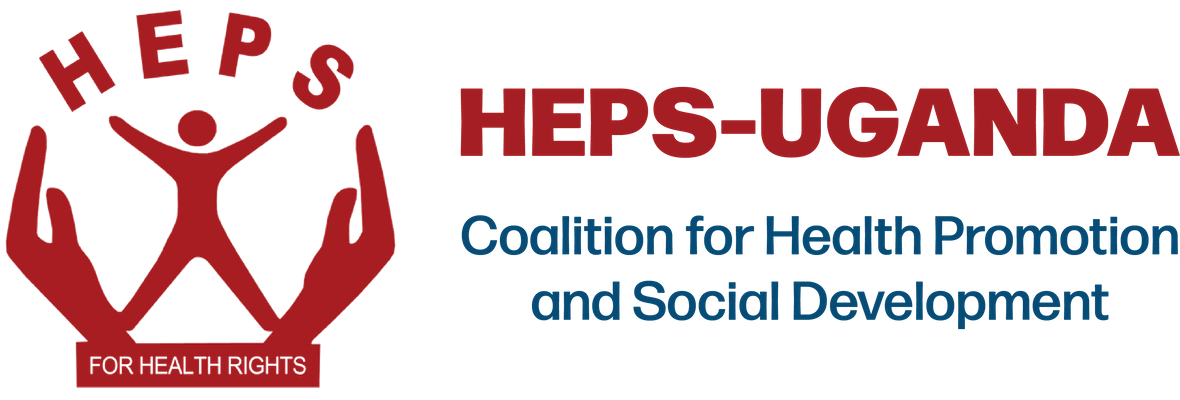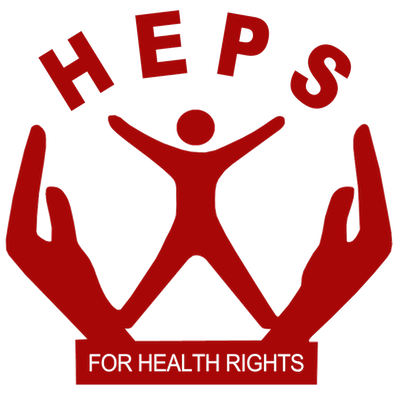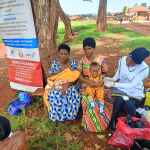Every year on September 4th, Uganda joins the rest of the world to mark World Sexual Health Day (WSHD). This year’s theme, “Sexual Justice: What Can We Do?”, calls for bold action to ensure that sexual health is treated not as a privilege, but as a fundamental human right.
At its core, sexual justice is about dignity, equity, autonomy, and inclusion. It envisions a society where everyone – regardless of age, gender, ability, or background – has the power and resources to make informed, free, and healthy decisions about their bodies and their sexuality. This includes having equal access to sexual and reproductive health services, accurate information, and a supportive environment free from discrimination, stigma, or coercion.
Uganda faces persistent challenges when it comes to sexual and reproductive health. High rates of adolescent pregnancies, limited access to family planning, and shortages of trained healthcare workers continue to undermine progress. Many young people, especially in rural areas, lack comprehensive sexuality education and are left vulnerable to misinformation, exploitation, and preventable health risks.
The World Sexual Health Day provides an important platform to confront these issues and reimagine what sexual justice can look like in our communities. This year’s theme focuses on three key areas: Sexual rights, sexual and reproductive rights, and access to Information.
These are not lofty ideals. They are practical necessities for building a healthier, more equitable Uganda. When young people have access to knowledge and services, they are empowered to make safe choices. When women can make decisions about their reproductive health without coercion, maternal deaths decrease. When stigma and misinformation are challenged, communities thrive.
Across the country, civil society is stepping up its advocacy, hosting events, and sharing information to raise awareness. These efforts align with Uganda’s national health goals of improving maternal and newborn health, providing comprehensive sexuality education, and expanding access to essential services.
Still, the work is far from over. Achieving sexual justice will require stronger policies, increased investment, and the courage to confront harmful social norms. It also calls for closer collaboration between government, civil society, communities, and individuals, if a future where sexual health is truly universal is to be realized. As we reflect on this year’s World Sexual Health Day, the question is not just, “What can we do?” but rather, “What must we do now, together, to make sexual justice a reality for all Ugandans?”
Read more HEPS-Uganda@25’s opinions on our blog, on our website www.heps.or.ug
Event tracker:
|
Event |
Organizer |
Dates, Venue |
|
5th Conference on Cancer and Palliative Care |
Ministry of Health, Uganda Cancer Institute (UCI), Palliative Care Association of Uganda (PCAU) |
10-12 September, Speke Resort Munyonyo, Kampala |
|
National Safe Motherhood Conference |
Ministry of Health |
22-24 October 2025 |
|
HEPS-Uganda@25 Celebration |
HEPS-Uganda |
November 2025 |
Let our partners know what is cooking in your kitchen. Please email us: info@heps.or.ug, rhasunira@heps.or.ug, or WhatsApp +256 (0) 783 816 819





